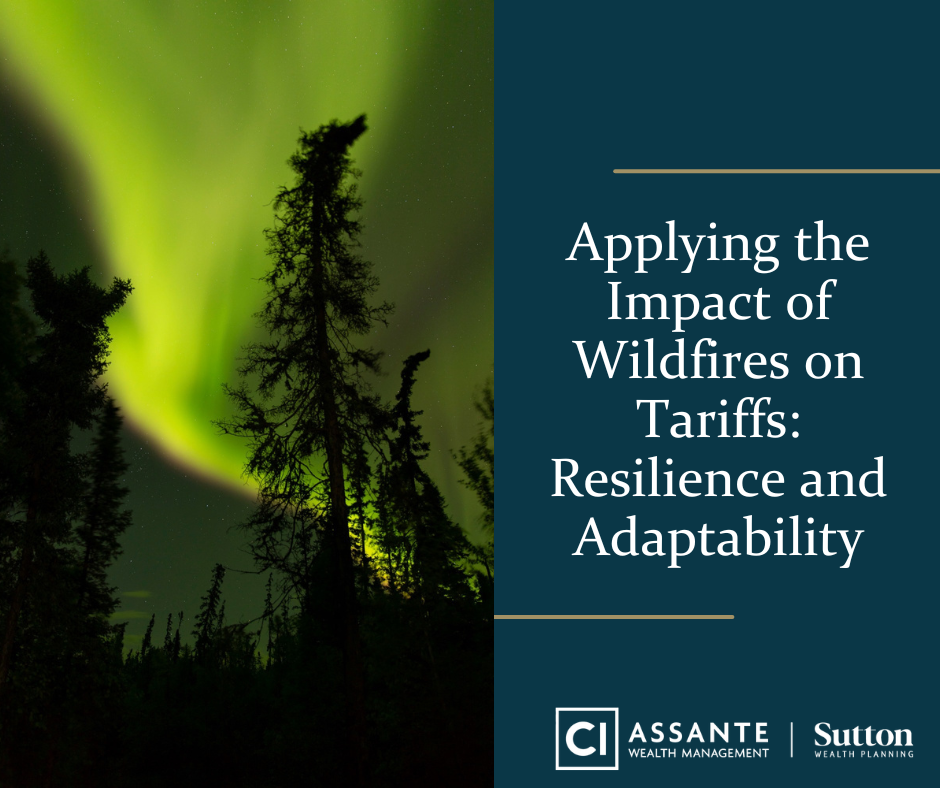In summer 2019, my family landed on our favourite Island in Northern Saskatchewan: Barker Island! We noticed smoke rising in the distance and assumed someone was camped on the island, but soon after we landed, we realized that a fire hadn’t been put out and the wind had spread it into a wildfire. The island was at risk! With teamwork and a bit of adaptability we were able to put out the fire that day. Our first forest fire extinguished!!
I’ve reflected on this many times… what if we had arrived an hour later and not been able to get the fire under control?
 In 2015, wildfires in the La Ronge region of northern Saskatchewan had a profound impact on the local economy. Businesses in the area faced significant financial challenges, with many summer-dependent establishments forced to close. This led to economic losses for outfitters, hotels, restaurants, camping supply stores, even banks and clothing stores.
In 2015, wildfires in the La Ronge region of northern Saskatchewan had a profound impact on the local economy. Businesses in the area faced significant financial challenges, with many summer-dependent establishments forced to close. This led to economic losses for outfitters, hotels, restaurants, camping supply stores, even banks and clothing stores.
However, not all businesses suffered. Companies involved in firefighting efforts, such as helicopter and industrial services, saw an increase in business. This highlights the complex nature of such crises, where the impact can be negative, neutral, or even positive depending on the sector and circumstances.
This multifaceted impact can be applied to the current challenge we face with the ongoing friction around on-again off-again tariffs. Just as the wildfires have had varied effects on different businesses, tariffs can also have diverse consequences. For some industries, tariffs may lead to increased costs and reduced competitiveness, resulting in negative impacts. For others, tariffs might provide protection from foreign competition, potentially leading to neutral or even positive outcomes.
The key takeaway from the La Ronge wildfires is the importance of resilience and adaptability. Despite the challenges, the community had remarkable commitment to coming together and finding ways to adapt to their circumstances. This same spirit can be applied to navigating the complexities of tariffs.
From an investment perspective, by understanding the varied impacts and adapting strategies accordingly, our portfolio managers can mitigate negative effects and capitalize on potential opportunities.
If you feel uneasy today, please reach out and we can affirm that your well-designed plan has you positioned to be resilient and adaptable to the challenges we face today.
It’s your reaction to adversity, not adversity itself that determines how your life’s story will develop.” ― Dieter F. Uchtdorf


